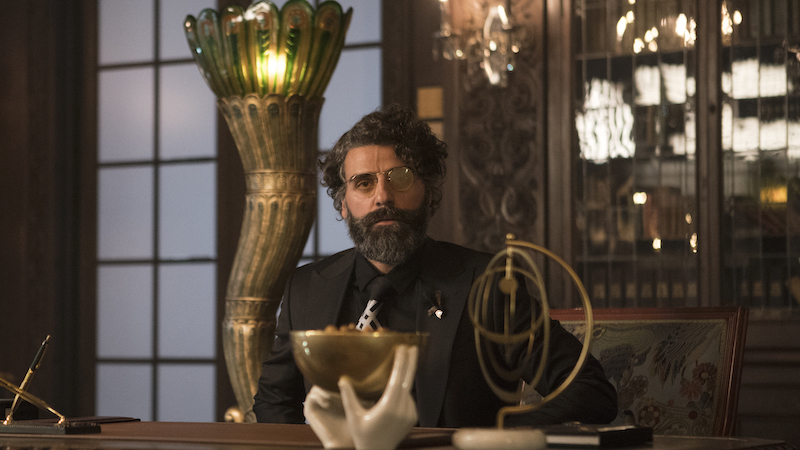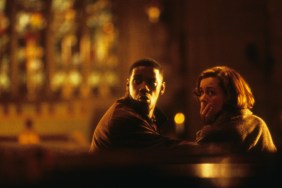Brian Petsos’ Big Gold Brick is out now in theaters and on digital and on demand. The film has a star-studded cast that includes Andy Garcia, Emory Cohen, Oscar Isaac, and Megan Fox.
“Big Gold Brick recounts the story of fledgling writer Samuel Liston and his experiences with Floyd Deveraux, the enigmatic middle-aged father of two who enlists Samuel to write his biography,” says the synopsis. “But the…







